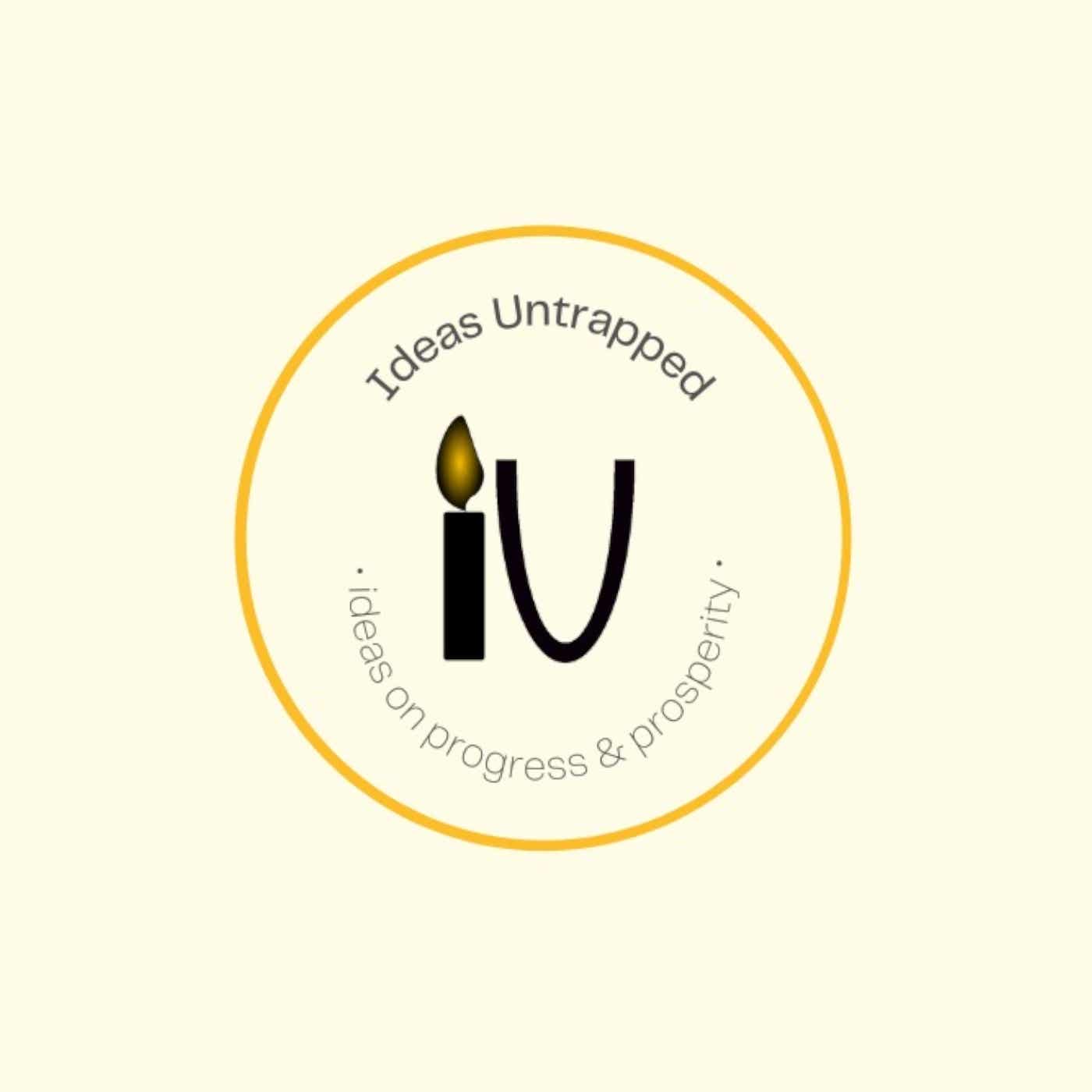The Illusion of Autocracy
Description
Welcome to Ideas Untrapped. My guest today is Vincent Geloso who is a professor of economics at George Mason University. He studies economic history, political economy, and the measurement of living standards. In today's episode, we discuss the differences between democracies and dictatorships, and their relative performance in socioeconomic development. The allure of authoritarian governance has grown tremendously due to the economic success of countries like China, Korea, and Singapore - which managed to escape crippling national poverty traps. The contestable nature of democracies and the difficulty many democratic countries have to continue on a path of growth seems to many people as evidence that a benevolent dictatorship is what many countries need. Vincent challenges this notion and explains many seemingly high-performing dictatorships are so because their control of state resources allows them direct investments towards singular objectives - (such as winning Olympic medals or reducing infant mortality) but at the same time, come with a flip side of unseen costs due to their lack of rights and economic freedom. He argues that the benefits of dictatorships are not as great as they may seem and that liberal democracies are better able to decentralize decision-making and handle complex multi-variate problems. He concludes that while democracies may not always be successful in achieving certain objectives, the constraints they place on political power and rulers mean that people are better off in terms of economic freedom, rights, and other measures of welfare.
TRANSCRIPT
Tobi;
You made the point that dictatorships usually optimise, not your words, but they optimise for univariate factors as opposed to multiple factors, which you get in democracy. So, a dictatorship can be extremely high performing on some metric because they can use the top-down power to allocate resources for that particular goal. Can you shed a bit more light on that? How does that mechanism work in reality?
Vincent;
Yeah, I think a great image people are used to is the USSR, and they're thinking about two things the USSR did quite well: putting people in space before the United States and winning medals at Olympics. Now, the regime really wanted to do those two things. [That is], win a considerable number of medals in [the] Olympics and win the space race. Both of them were meant to showcase the regime's tremendous ability. It was a propaganda ploy, but since it was a single objective and they had immense means at their disposal, i. e. the means that coercion allows them, they could reach those targets really well. And it's easy to see the Russians putting Sputnik first in space, the Russians putting Laika first in space. We can see them winning medals. It's easy to see. The part that is harder to see, the unseen, is the fact that Russians were not enjoying rapidly rising living standards, they were not enjoying improvements in medical care that was commensurate with their level of income, they were not enjoying high-quality education. You can pile all the unseens of the ability of the USSR as a dictatorship to allocate so much resources to two issues, [which] meant that it came with a flip side, which is that these resources were not available for people to allocate them in ways that they thought was more valuable. So, the virtue of a liberal democracy, unlike a dictatorship, is that a liberal democracy has multiple sets of preferences to deal with. And in a liberal democracy, it's not just the fact that we vote, but also that people have certain rights that are enshrined and which are not the object of political conversation. I cannot seize your property, and it's not okay for people to vote with me to seize your property. And in these societies, the idea is that under a liberal democracy, you are better able to decentralize decision-making, and people can find ways to deal with the multiple trade-offs much better. Whereas a dictator
More Episodes
Published 04/27/24
In this episode, I had a conversation with economic historian Johan Fourie, who is a professor of economics at Stellenbosch University, and the author of one of the most enjoyable books on economic history called Our Long Walk to Economic Freedom. We spoke about the resurgence of economic...
Published 03/20/24
Published 03/20/24


